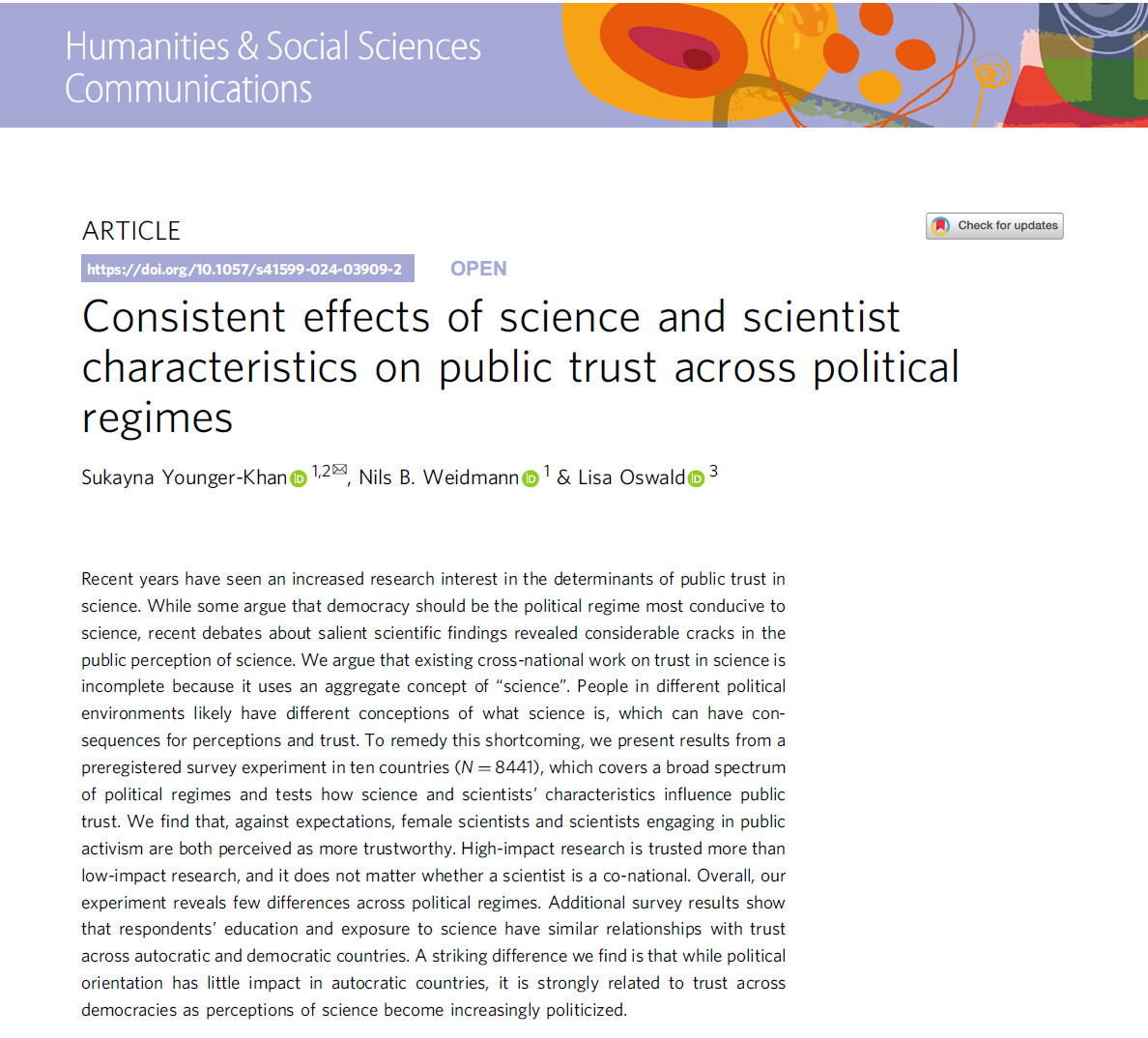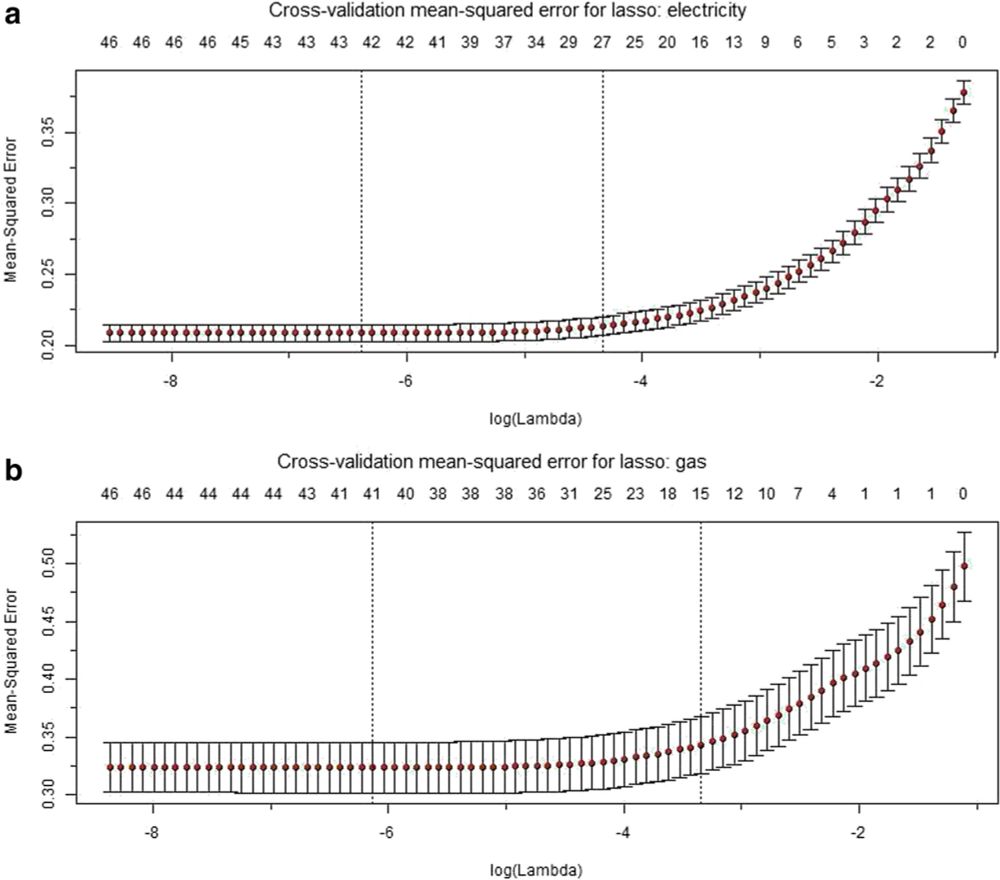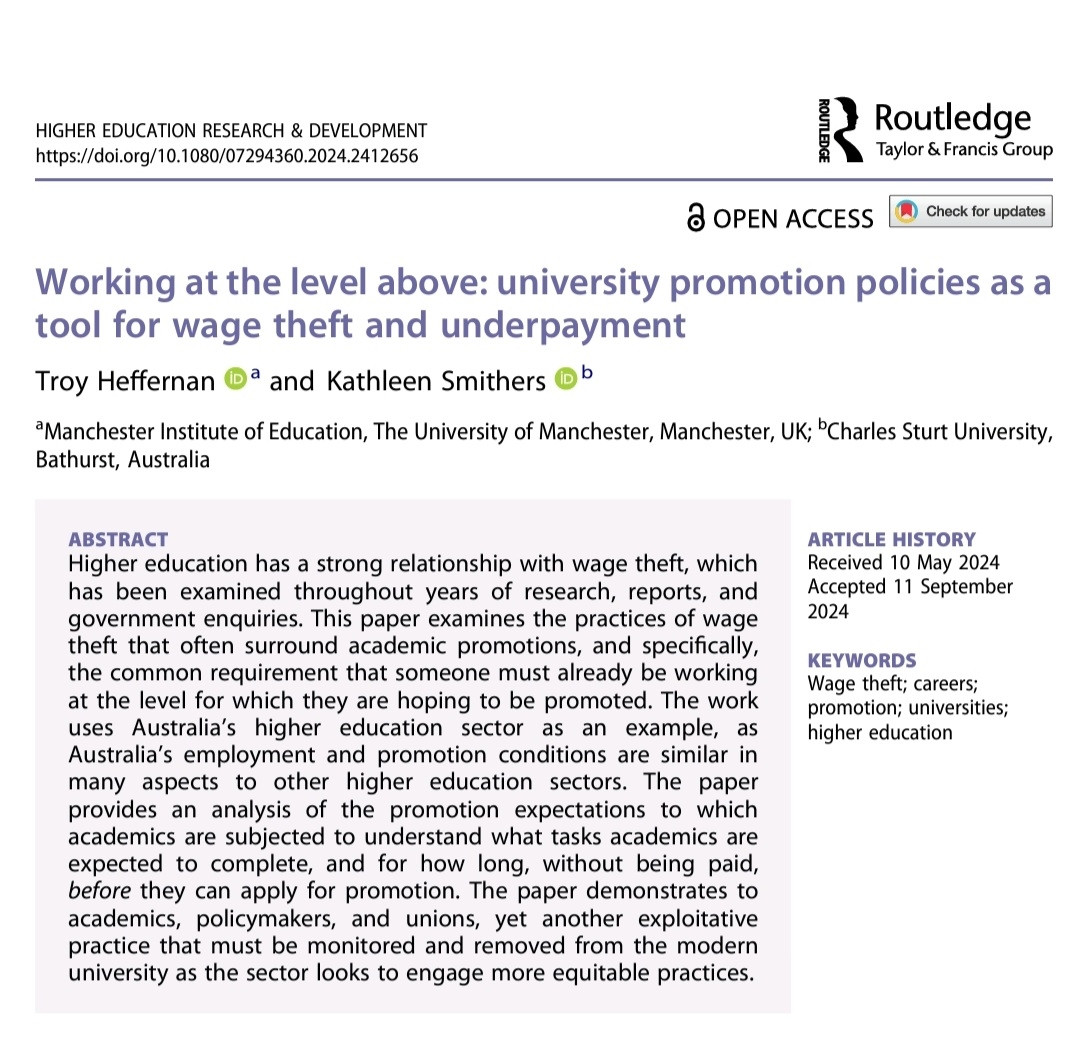
Come do a PhD at Uni of Sussex Psychology ... we have studentships, lots of excellent supervisors, and it's a very friendly and supportive school: www.sussex.ac.uk/study/fees-f...
"we are all on the edge of our seats, watching our shadows, for redundancies and closures. All the time. It consumes corridor conversations ...It consumes departmental discussions... it consumes institutional discussions. It creeps into everything, even our teaching, even our research""we are all on the edge of our seats, watching our shadows, for redundancies and closures. All the time. It consumes corridor conversations ...It consumes departmental discussions... it consumes institutional discussions. It creeps into everything, even our teaching, even our research"
On the blog this morning, a rather depressing post to try and sum up what it feels like working in UK HE at the moment for those who perhaps haven't realised what it's like in the sector.

I’m writing this post because I felt moved to make consolatory comments to two separate people’s posts about the state of UK higher education on Bluesky on a single day. In doing so, I …
🔥 The 2025 EASP Summer School will take place from 20th - 30th July at the University of Kent, UK. The call for applications and the website will be shared at the beginning of November. www.easp.eu/news/itm/eas...

Social Psychology News Articles
Government appoints Ruth Davis as UK’s first envoy for nature, who will be charged with forging global agreement on halting the precipitous decline of species: www.theguardian.com/environment/...

Ruth Davis named special representative for nature ‘to put climate and nature at the heart of our foreign policy’
Developmental Psychology starter pack! I've included people doing child/adolescent research and as well as a few lifespan folks. Please share widely, and let me know if there is anyone who should be added! go.bsky.app/ECJtpXi#DevPsych#DevSci#PsychSciSky
10 games to know me: 💎 Pokemon Sapphire 🌲Zelda Breath of the Wild ⚔️Xenoblade Chronicles 3 🏛️Hades 1 and 2 🪂Zelda Tears of the Kingdom 🐅Ty the Tasmanian tiger ⏳Pokemon Legends Arceus 🩸Binding of Isaac 🐱Animal Crossing I have a varied taste in games 😅
New study across 10 countries (N = 8,441) finds "female scientists and scientists engaging in public activism are both perceived as more trustworthy." BlueSky authors: @nilsweidmann.bsky.social@lfoswaldo.bsky.socialdoi.org/10.1057/s415...#AcademicSky#MetaSci#STS 🧪

100% the case in the UK too. You don’t get promoted to do the job, you have to be doing it already.
Exciting *three-year postdoc* job opportunity, working in @cast-centre.bsky.social at University of Bath!
Proud to publish my first proper quant paper! A limitation of surveys is that people have no clue about their energy use. We developed a new method that combines smart meter data and survey responses using lasso regression. #energydemand#energyefficiencylink.springer.com/article/10.1...

Determining which attitudes and behaviours predict household energy consumption can help accelerate the low-carbon energy transition. Conventional approaches in this domain are limited, often relying ...


